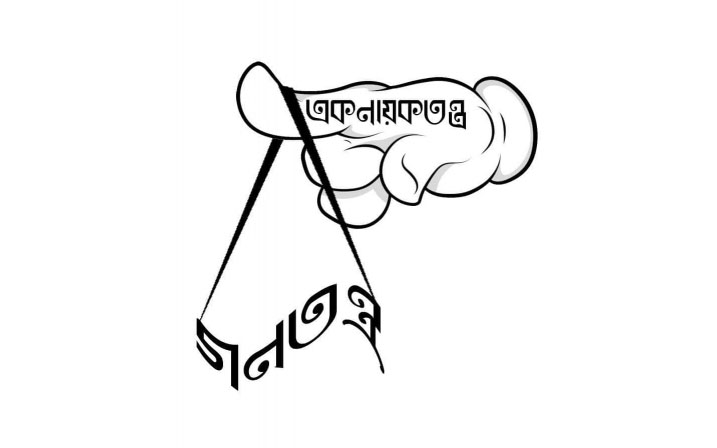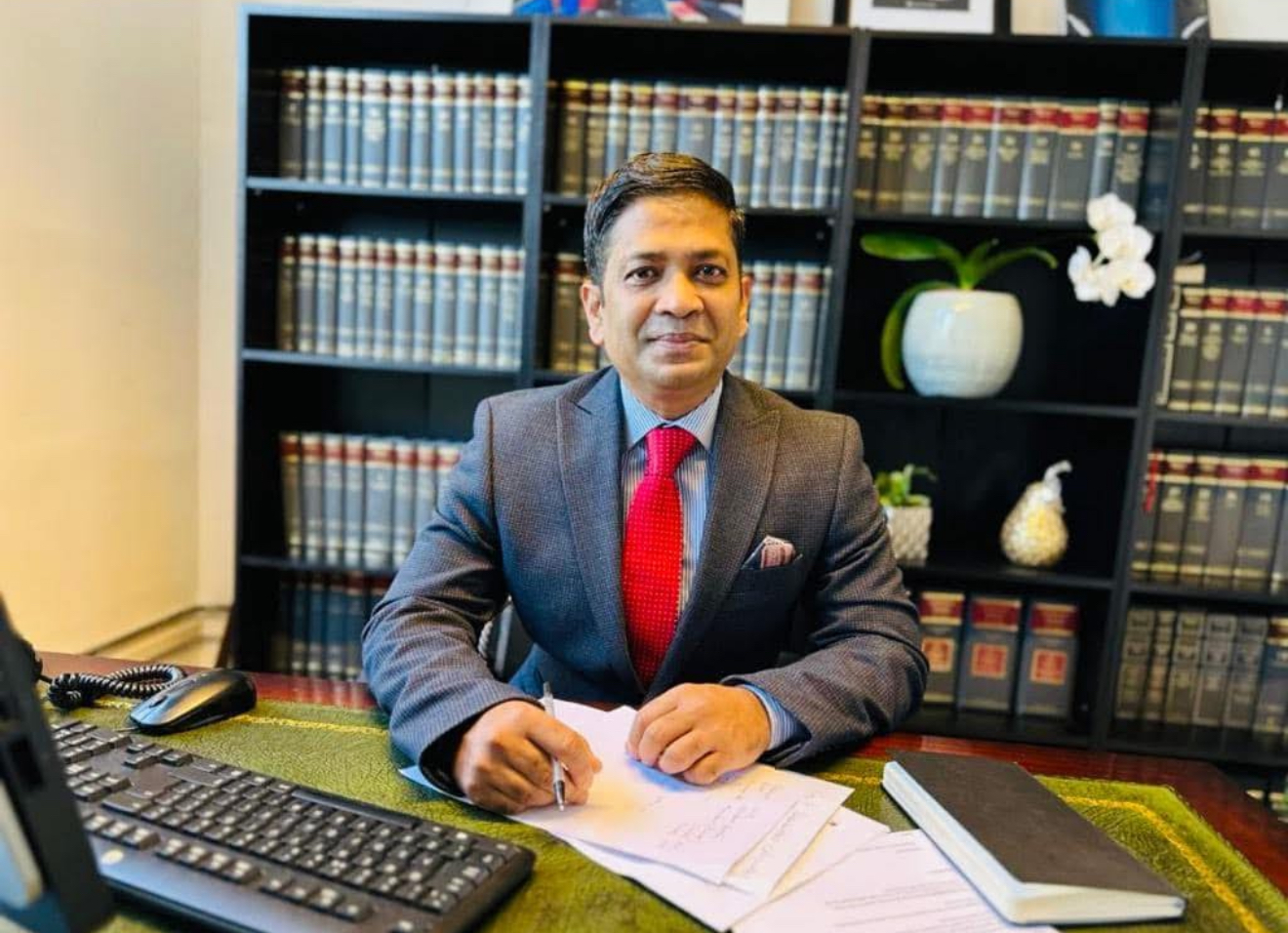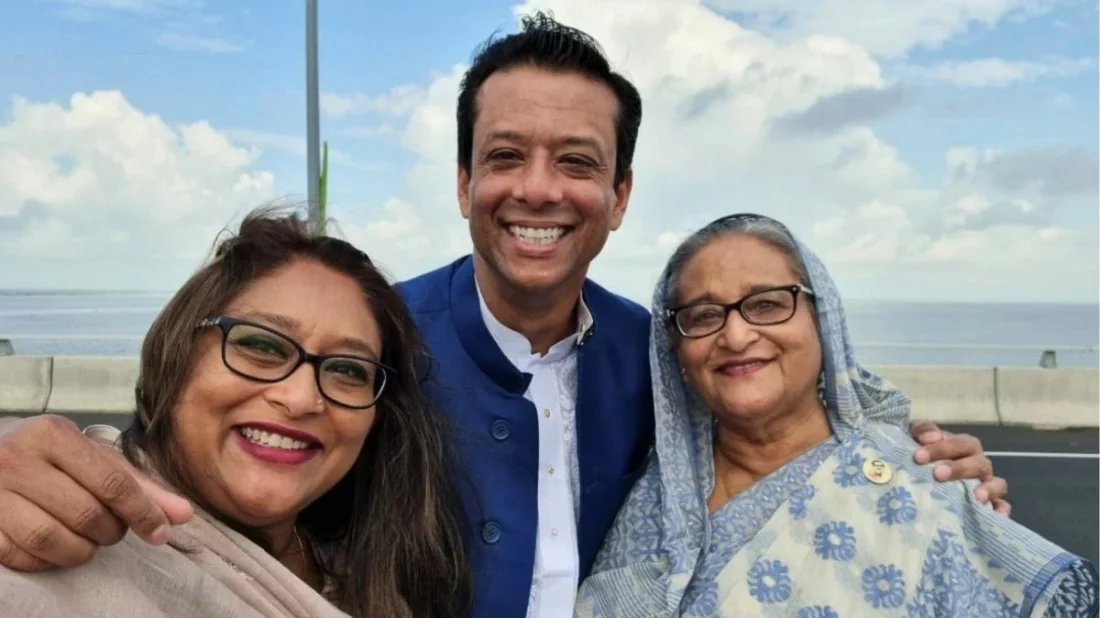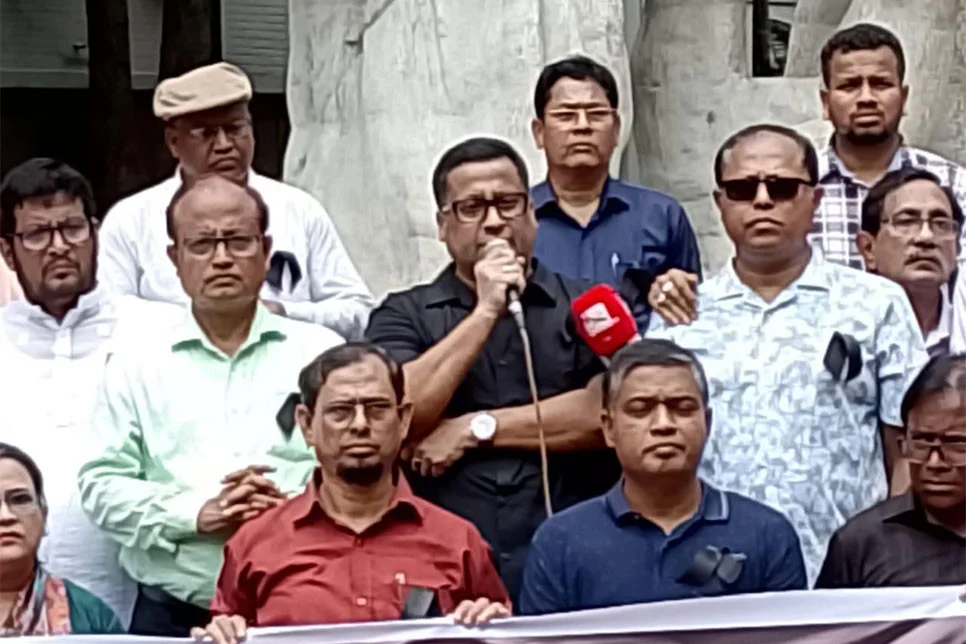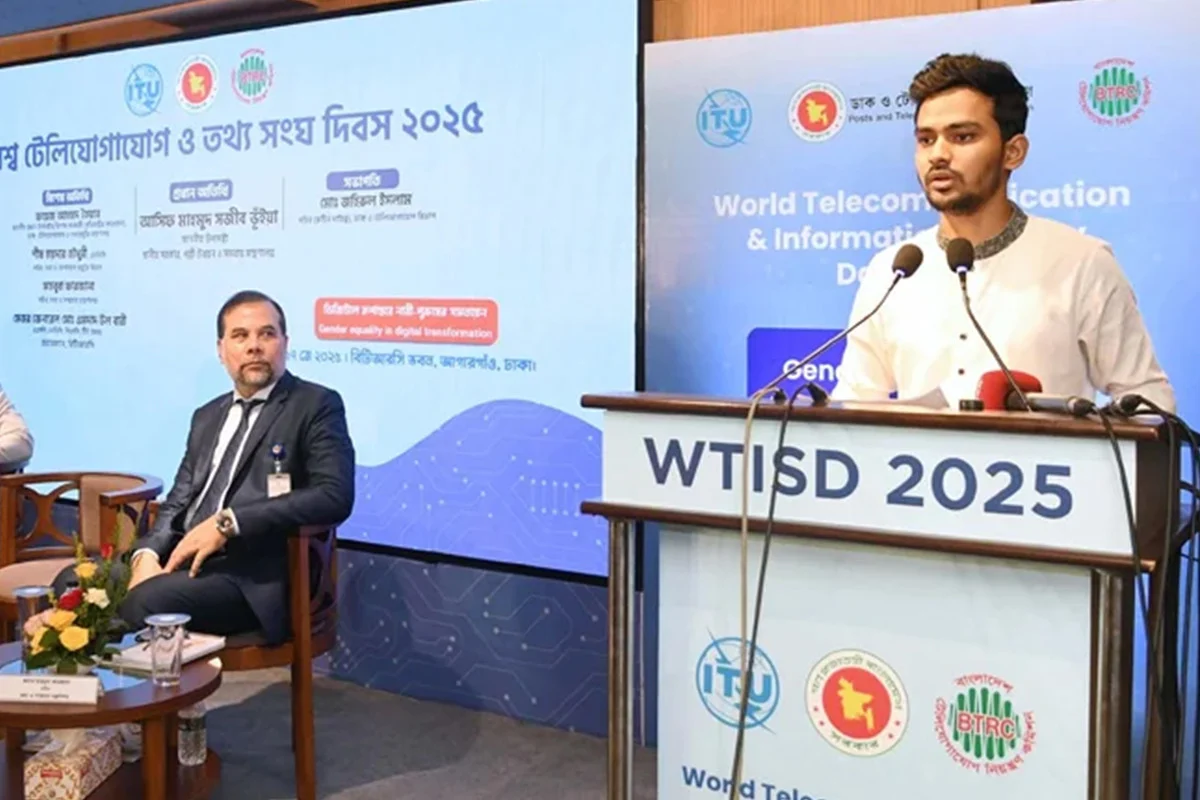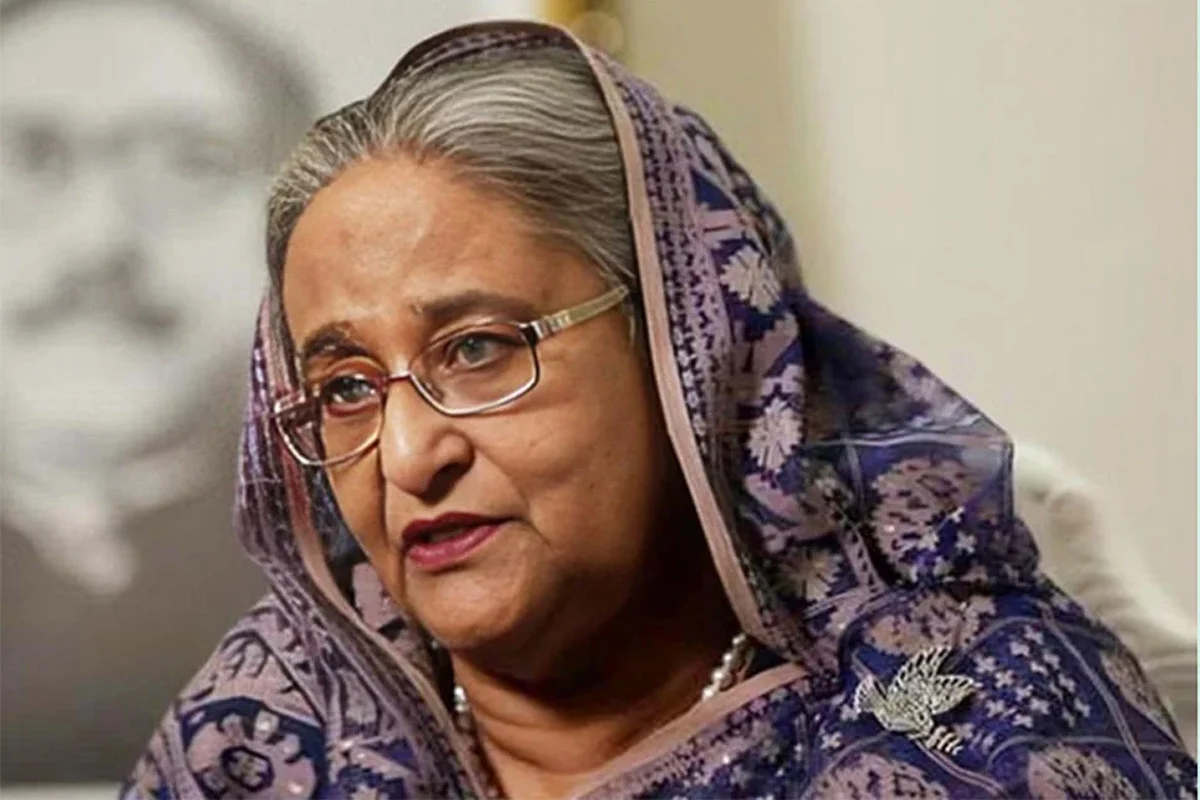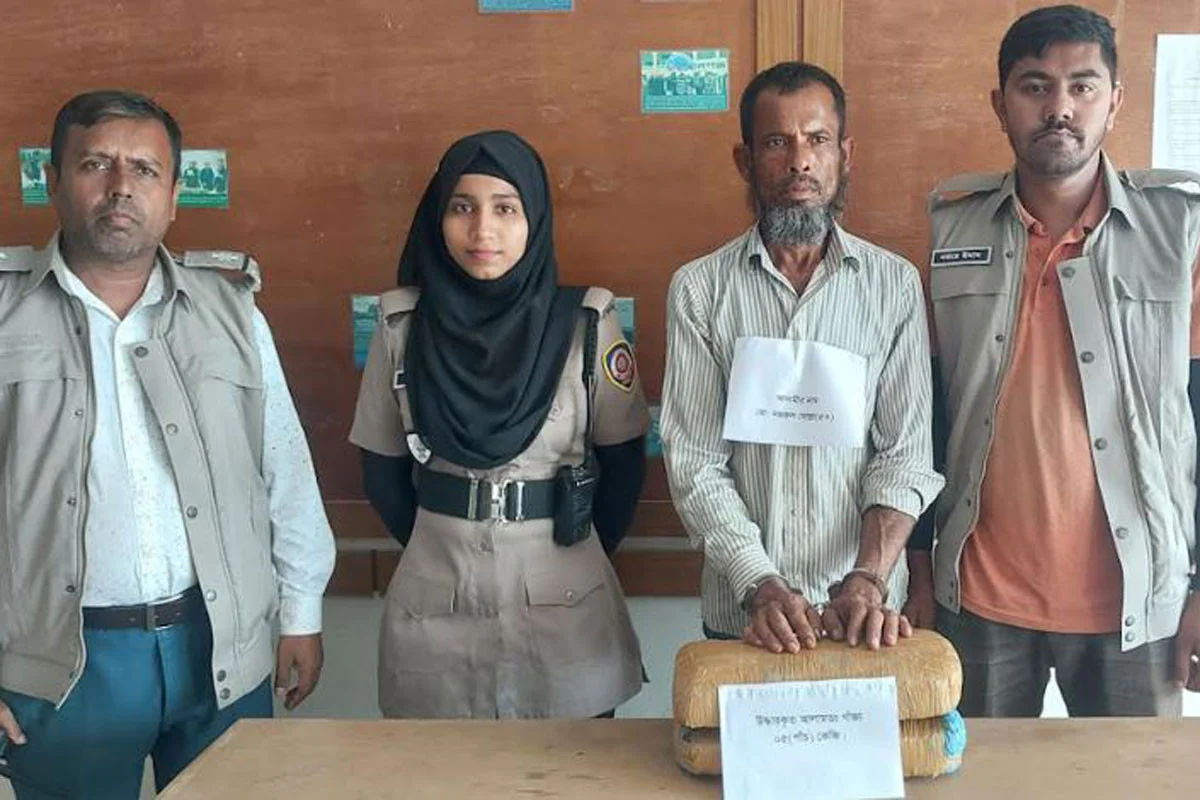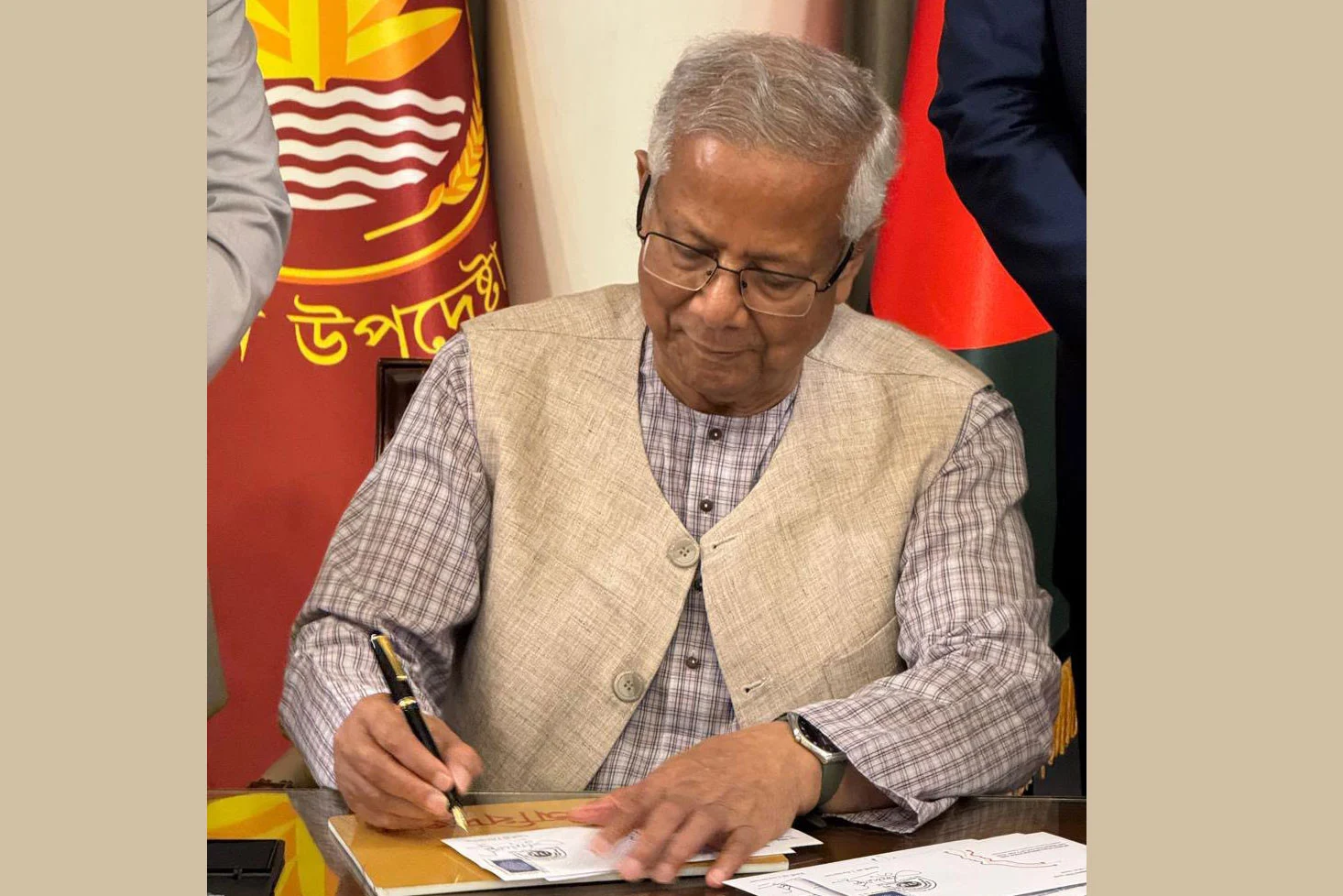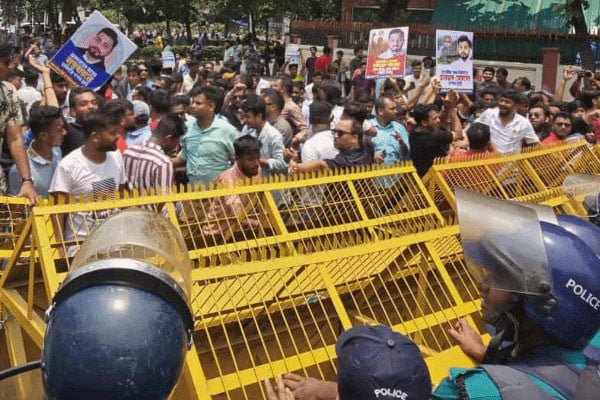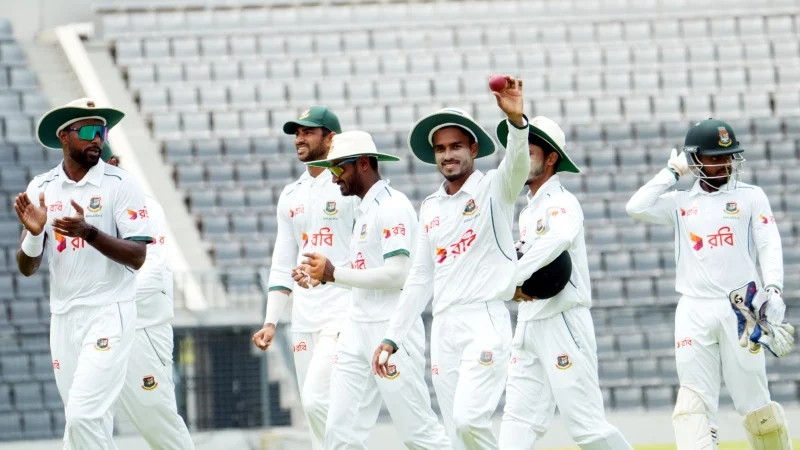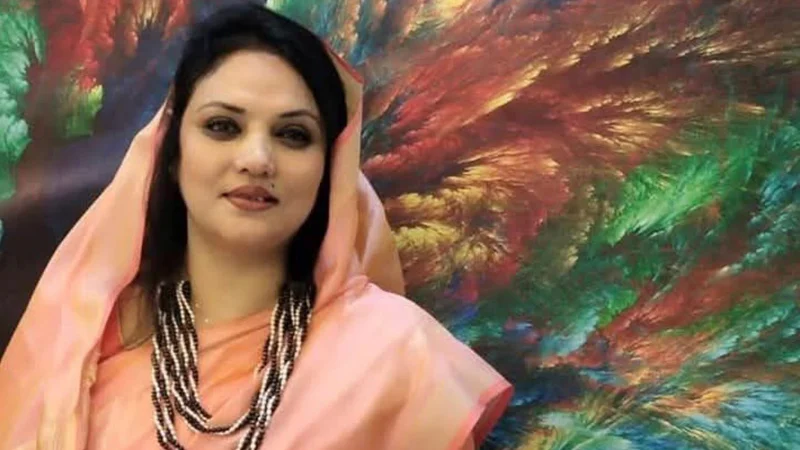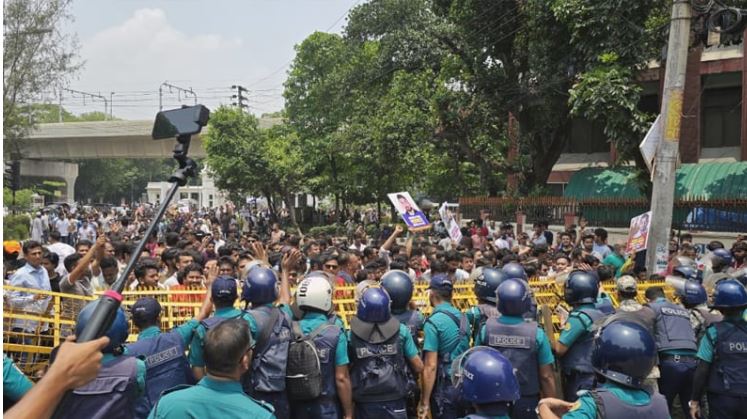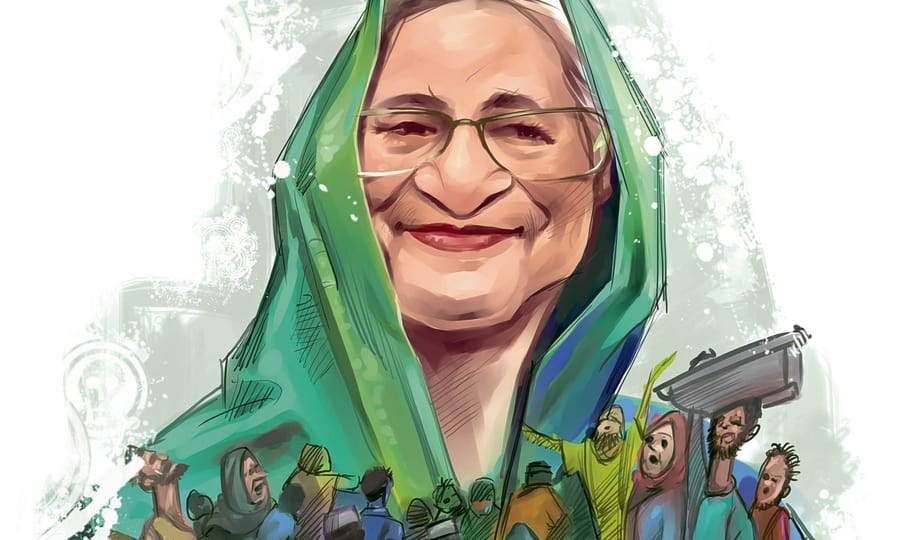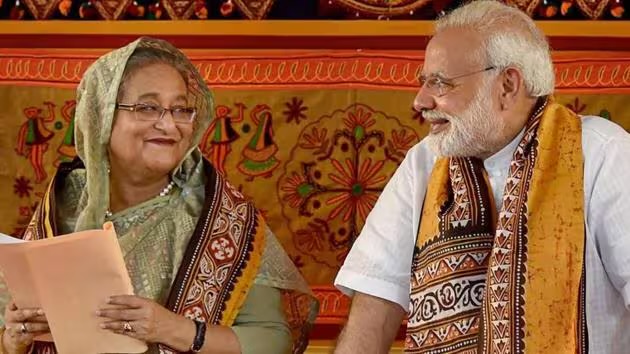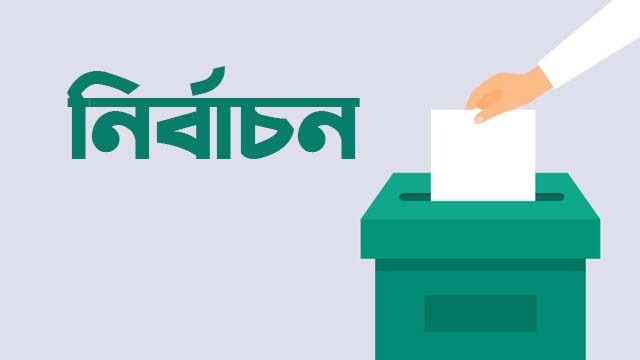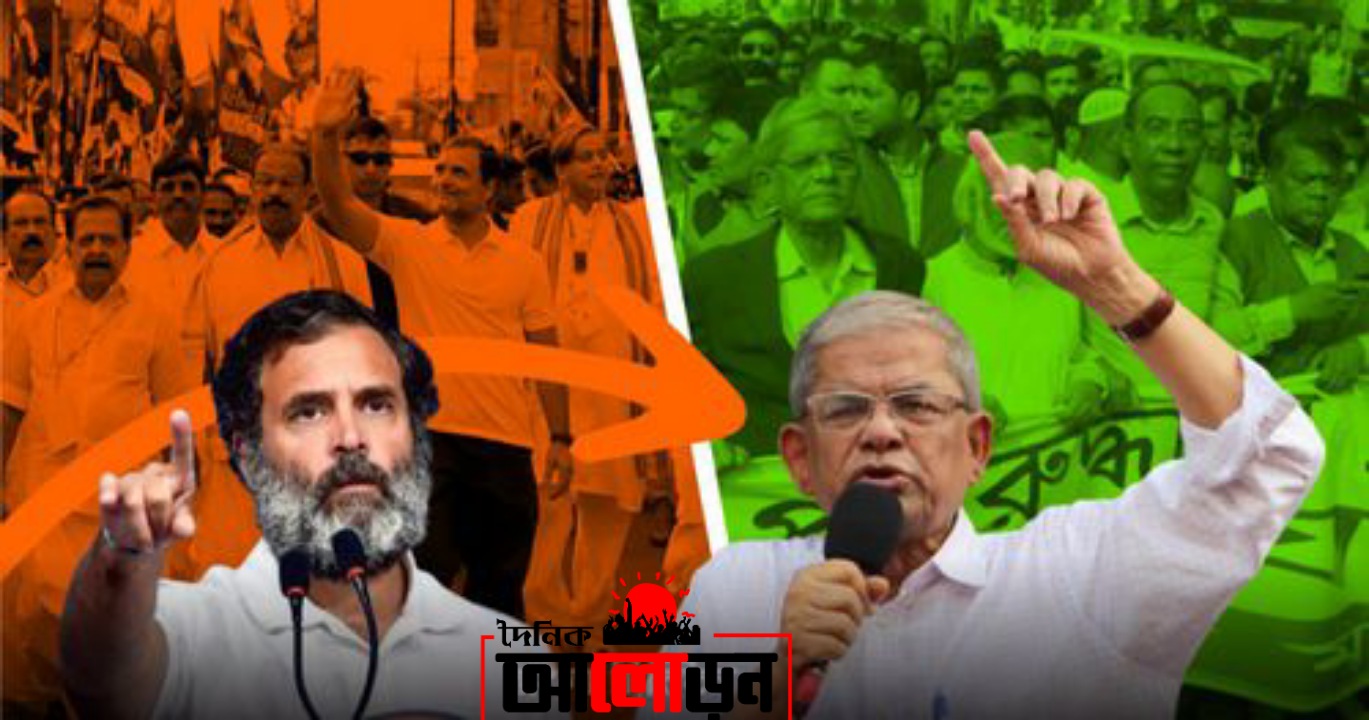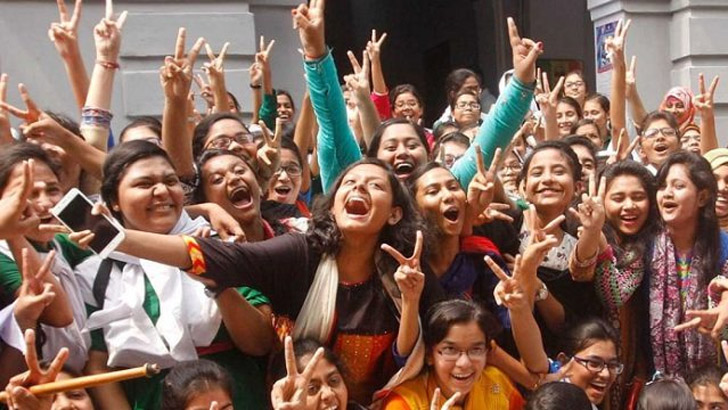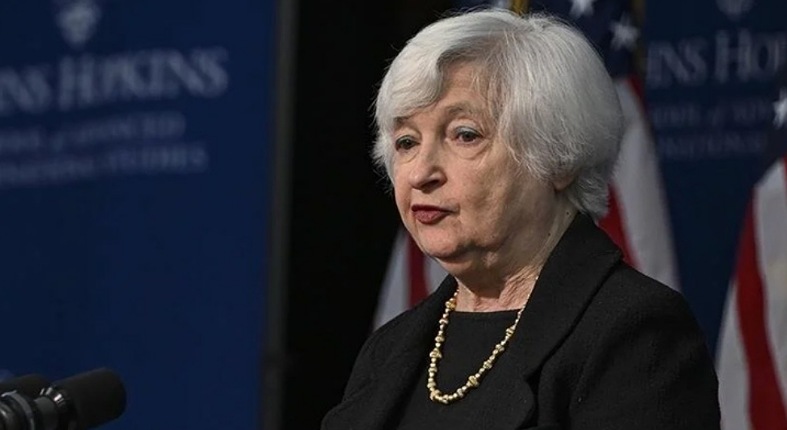Apurbo Ahmed Jewel: Over the past decade, the Awami League’s rule has seen a concentration of power in the country. Prime Minister Sheikh Hasina has talked about building a Digital Bangladesh. However, at the same time, there has been a consolidation of authoritarianism within the Awami League across the country. There is no freedom of expression for the opposition. Criticism of the government is met with repression from the Jamaat-e-Islami’s student wing. The election process through which they came to power has protected their authoritarian continuity. Overall, the democratic framework of the country has been shattered.
The Prime Minister, as the holder of significant power, discusses the concentration of power. The constitution has given the Prime Minister absolute power. On the other hand, most national institutions suffer from factionalism and corruption within the ruling party. Due to incompetent leadership and inefficiency, these institutions are unable to function properly, and a clear imprint of political influence and autocracy is evident everywhere.
In Bangladesh, despite constitutional and legal obligations to maintain a powerful parliamentary government, the weak parliamentary culture, extensive control and influence of the executive branch, and dominance of a powerful party have led to a decline in the parliamentary oversight of the government. The power division between the executive, legislative, and judicial branches is entirely uneven, with the Prime Minister’s dominance evident.
Under the Awami League government, there has been a blatant politicization of the judiciary due to the party’s political consolidation. Controversial appointments, promotions, dismissals, and the conduct of judges have compromised the independence of the judiciary. Even in the civil administration, officials are politically appointed, and the process of promotion and recruitment is tainted. The governance of the country is adversely affected by the lack of integrity among government officials and the questionable process of their advancement.
Instead of upholding the rule of law, the police administration is being used unchecked as a tool for the government and political party’s self-interest. Politically motivated suppression and the opportunity to remain above the law are contributing to a culture of lawlessness. Despite claims of media freedom, the press is facing challenges due to restrictive laws, national security concerns, and the intimidation of journalists.
The Anti-Corruption Commission (ACC) is compromised due to its institutional and political vulnerability, which affects its overall competence and effectiveness. The ACC faces the challenge of strong political interference, lack of professional competence, and the failure to take action against corruption allegations involving the ruling party’s members. Like the ACC, other oversight bodies, including the Information Commission, are unable to function properly due to weak leadership, lack of professional competence, and inadequate support from government institutions.
The ruling party, under the guise of serving the people, has established absolute control over the resources of the nation for its own party interests. Political governance has become synonymous with corruption and commercialization. Despite the apparent independence after the liberation, the media’s freedom is curtailed in various ways due to restrictive laws, governmental secrecy, and disrespect for the judiciary.
In addition to the mentioned institutions, everywhere in Bangladesh today, there is a unilateral dominance of the Awami League. Despite the prevalence of power, they have established a de facto one-party rule. There is no freedom, whether for the people or in any governmental, non-governmental, or individual institution.
Writer: Apurbo Ahmed Jewel
